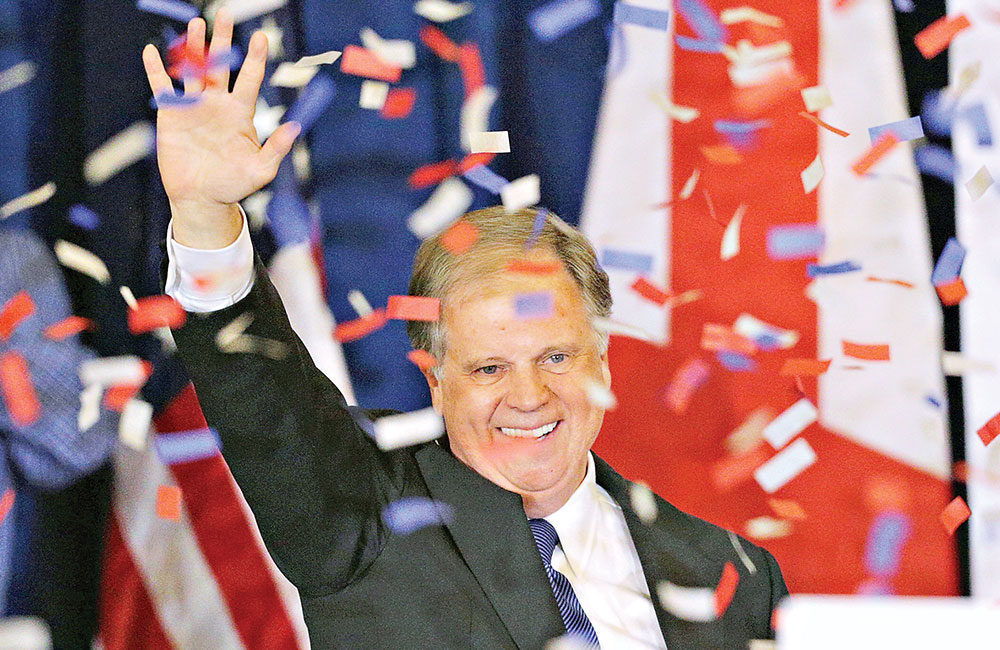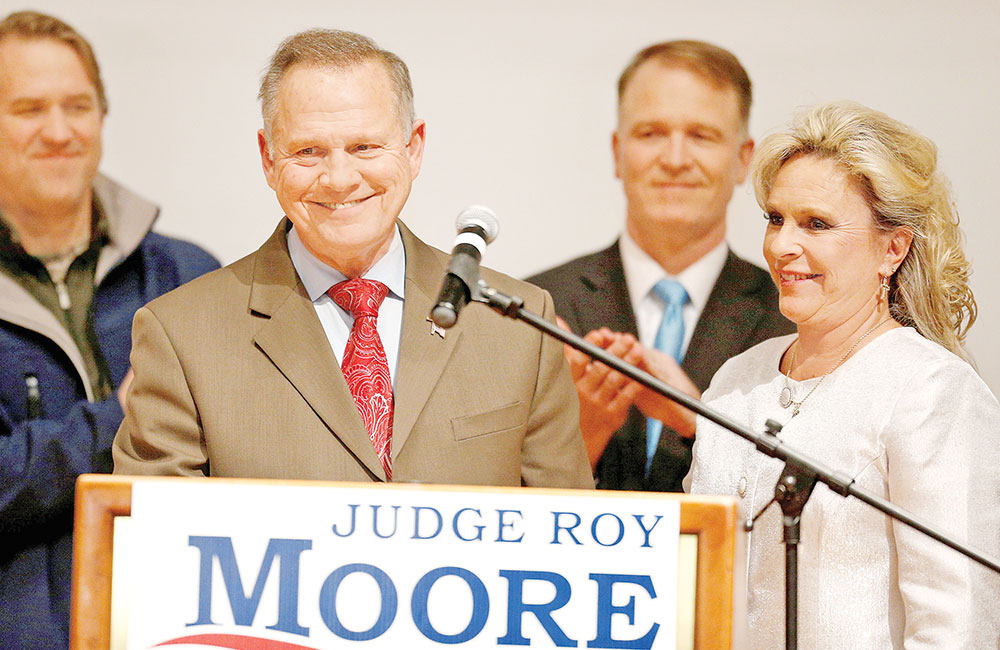MUSLIMS ENTER AMERICAN POLITICS
- 10 Nov - 16 Nov, 2018

Just last week, or whenever it was – it is so hard to keep track – millions of well-meaning liberal-type Americans were rejoicing that Doug Jones, the Democratic Party’s candidate in the special election for a new U.S. Senator from the Deep South state of Alabama (to replace Jeff Sessions, who resigned to become Trump’s attorney general), had defeated the Republican candidate Roy Moore, about whom the less said the better. (Moore is both a right-wing extremist and religious nut and an accused child molester.)
Well, so Jones won – the first time a Democrat has been elected to the Senate from Alabama in a quarter-century. And the Republicans’ advantage in the Senate is down to one seat. So that is good, I guess. We will see. But public life in America these days is just so exhausting and demoralising that it is sometimes tempting just to unplug and opt out. That temptation is relatively easy to yield to in Seattle, where I live. If you look at a map of America, you will see that Seattle is way up in the northwest corner, many hundreds of miles from almost any other major city. It is also a famously liberal city, especially the city proper (which is where I live). The rest of Washington State is not so liberal, not really liberal at all, but a major mountain range divides that part of the state from this part, and it is easy to stay on this side of the mountains.
The novelist Kazuo Ishiguro expressed the disorientation of these times well in his Nobel Prize lecture in Stockholm earlier this month, when he said: “I woke up recently to the realisation I’d been living for some years in a bubble. That I’d failed to notice the frustration and anxieties of many people around me. I realised that my world – a civilized, stimulating place filled with ironic, liberal-minded people – was in fact much smaller than I’d ever imagined. 2016, a year of surprising – and for me depressing – political events in Europe and in America, and of sickening acts of terrorism all around the globe, forced me to acknowledge that the unstoppable advance of liberal-humanist values I’d taken for granted since childhood may have been an illusion.”

Seattle is just such a bubble, populated by such ironic, liberal-minded people, holding such values. I travel often for work to other parts of the United States, especially to Texas, and every time I do it is a shock to the system. Or, if you prefer, travelling to Texas is a salutary reminder that most of America is not much like Seattle. I am glad I live in Seattle, and I remember with both amusement and gratitude that, many years ago when my father was up for a job in Alabama, my mother put her foot down and said, “I’m not living in Alabama.” But my frequent trips to Texas really are good for me as an American, because they compel me to interact directly – rather than through the media – with Americans with whom I both must and can collaborate on work we all consider important, regardless of whom any of us voted for or what politics we claim to believe in.
American political life tends to swing wildly back and forth, and in recent years the pendulum swings have been wilder than ever (Clinton to Bush, Bush to Obama, and Obama to Trump). At any given moment that is either good or bad depending on which way it is swinging (and which way one wants it to be swinging). But part of why the pendulum effect is so severe and worsening is that there is no one-size-fits-all in American political life. Throughout my lifetime white, middle-class Americans have infantilised ourselves via simplistic nationalist self-congratulation (first for “winning” World War II, later for “winning” the Cold War), relentless suburbanisation, and what the British novelist J.G. Ballard described as “a comic-book culture aimed for the most part at bored and violent teenagers.” As part of that toxic package, we have bullied ourselves and each other into cherishing something very high-minded yet very abstract, which we call “America.” But if you get out there on the American road, as I did five years ago to write my book Home Free: An American Road Trip, you meet people who don’t really add up to “America” at all, but who rather are particular individuals, families and local communities with their own worries and aspirations, that are best not understood in ideological terms.
The Big Question of the Moment for America and Americans is whether the enormous, aging, creaky vessel that is our country can withstand all the sociopolitical torque that is now being inflicted on it. I am not sure it can. One thing that gives me both hope and perspective is the wisdom and character of my father, who accompanied me on the leg of my 2012 road trip across the desert southwest, from Colorado Springs to Los Angeles. During that week together he reminisced about growing up white and working class (the first in his family to attend university) in Dallas, Texas in the 1940s and ’50s. “I remember I wrote a letter once to the Dallas Morning News,” he told me.
“They were having some kind of movement about becoming a ‘world city.’ They were talking about wanting to be all cosmopolitan and everything. And I asked how Dallas could be a world city, when it was still a segregated city.”
He also said – five years ago, during the 2012 (not 2016) election: “I think there are a lot of parallels between now and the Civil War. Not in the details so much, but in the sense of a watershed moment. Now it’s not so obvious, but because of the demographic shifts it’s substantial. I don’t think the Romney types and the white Southern folks are prepared for a brown America.” And, not without some glee, he added: “I think they can still create some pain, but I think the game’s over.”
COMMENTS